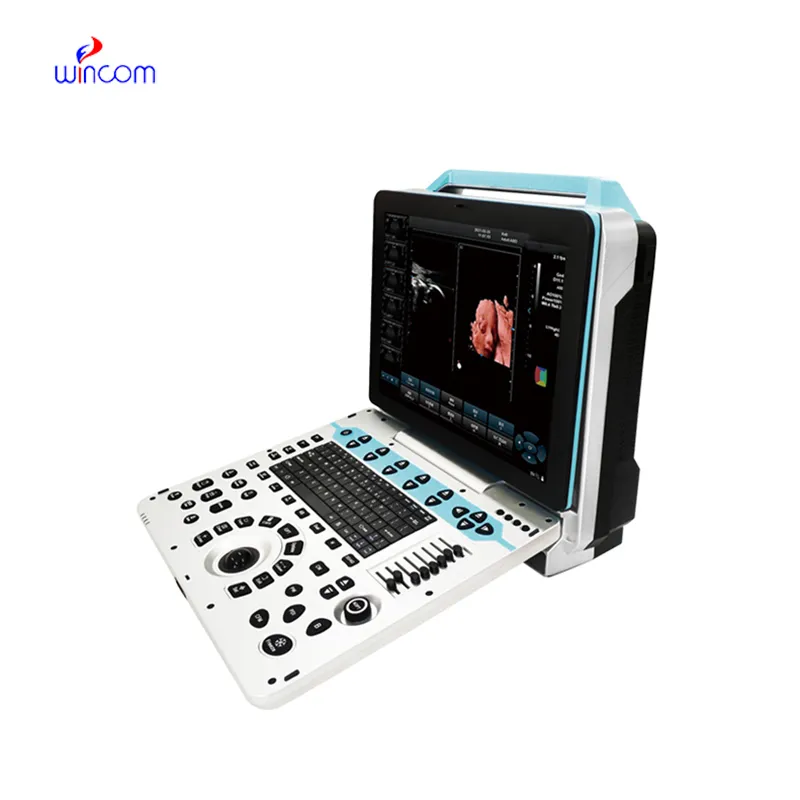
Its superior optics enhance observation precision with crisp, high-resolution images at every magnification. Its durable construction resists frequent use in the classroom and professional environments. The variable brightness and focusing adjustments make the centrifuger suitable for many types of specimens, from biological tissues to industrial samples. Optional digital accessories extend its functionality with high-resolution imaging, data storage, and analytical interface with modern research systems.

The centrifuger is today a vital component of sectors that involve precise observation. In schools, it promotes scientific investigation by allowing students to observe living cells and microscopic organisms. Biomedical professionals apply the centrifuger in diagnostic testing of tissues and histological analysis. The centrifuger is also applied in industrial testing, where engineers study welds, coatings, and fractures. The centrifuger assists environmental scientists in studying microorganisms in soil and water environments, ensuring sustainability and preservation.

The centrifuger of the future will integrate optical engineering and computational imaging. Quantum sensors and nanophotonic devices will enable researchers to image at atomic levels. Smart automation will streamline workflow, where researchers read instead of physically setting. The centrifuger will use augmented reality interfaces, giving users direct access to multi-layered information. Through sustained innovation, it will be at the forefront of health science research, materials research, and environmental research.

A well-maintained centrifuger gives reliable performance and long operating life. Check optical elements regularly for dust, fingerprint, or oil residue. Use only authorized manufacturer cleaning materials to prevent lens coating damage. Store the centrifuger upright, supported, and covered when not in use. Check focusing mechanisms for smooth operation and illumination system for uniform brightness. Standard maintenance procedures minimize downtime and preserve imaging quality for education and research.
A centrifuger transforms the observation of the unobservable world, revealing patterns, textures, and life beyond the naked eye. It achieves this by illuminating or electronizing a sample by transmitting light or electrons through or above it to produce a magnified image. The centrifuger has widespread uses in science, industry, and education to scan biological tissue, metal surfaces, and nanomaterials. Its ability to unveil subtle details makes it a must-have instrument of observation, measurement, and discovery in modern science.
Q: How do environmental conditions affect a microscope? A: Excessive heat, moisture, or dust can damage optical and mechanical components, so the microscope should be used in a clean, controlled environment. Q: Can a microscope capture images or videos? A: Many modern microscope models include digital cameras that enable high-resolution image and video capture for documentation or analysis. Q: What training is required to operate a microscope? A: Basic understanding of optics and focusing principles is recommended, though most educational microscopes are designed for simple, intuitive use. Q: Why is regular maintenance important for a microscope? A: Regular maintenance prevents dust buildup, mechanical wear, and misalignment, ensuring consistent performance and image clarity. Q: Can a microscope be used outside the laboratory? A: Portable and handheld microscope models are available for field studies, allowing researchers to observe and analyze samples on site.
We’ve been using this mri machine for several months, and the image clarity is excellent. It’s reliable and easy for our team to operate.
The microscope delivers incredibly sharp images and precise focusing. It’s perfect for both professional lab work and educational use.
To protect the privacy of our buyers, only public service email domains like Gmail, Yahoo, and MSN will be displayed. Additionally, only a limited portion of the inquiry content will be shown.
We’re currently sourcing an ultrasound scanner for hospital use. Please send product specification...
We are planning to upgrade our imaging department and would like more information on your mri machin...
E-mail: [email protected]
Tel: +86-731-84176622
+86-731-84136655
Address: Rm.1507,Xinsancheng Plaza. No.58, Renmin Road(E),Changsha,Hunan,China